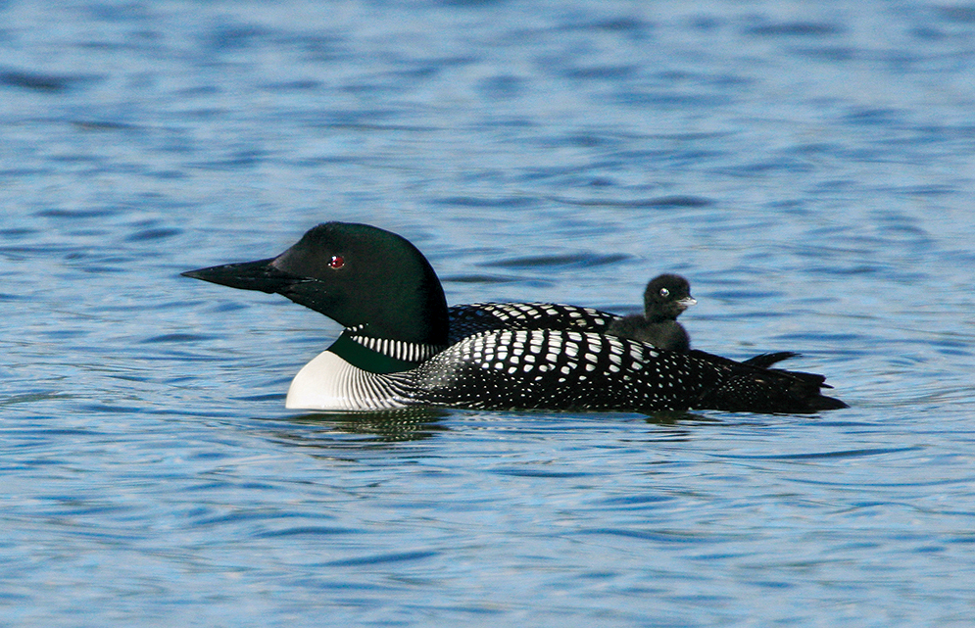- Home
- About Us
- The Team / Contact Us
- Books and Resources
- Privacy Policy
- Nonprofit Employer of Choice Award

Giving ecologically-sensitive land to an organization that will protect it in perpetuity is an act of hope. It’s planting a seed that will grow into a legacy for future generations of people and creatures that outlives us all.
“The pine seedlings are now a towering grove and represent our work as a family and our desire to replenish the Earth and conserve it for future generations”, says ecological gift donor Anne Shepherd. “I hope my children and their children will be able to walk under these same trees. I know my father would be proud of my having given back in a meaningful way.”
An antidote to the commodification of land
At a time when land is increasingly commodified, Environment and Climate Change Canada’s Ecological Gifts Program stands out for its dedication to protecting our natural heritage.
“My parents shared a deep respect for nature,” says another donor. “They learned the names of all the birds that visited their land and in later years, did the same with bog plants and orchids, learning the Latin and common names of fifty or so species.”
Nature inspires us all. Our forests, rivers, oceans and soils provide us with the food we eat, the air we breathe, the water we drink. Today, our land is facing numerous threats, impacting ecosystems and biodiversity.
“There is a mysterious feeling you get here that is hard to put into words,” says a donor who wishes to remain anonymous. “After 62 years of walking the same paths, greeting the same trees and watching the seasons come and go—I am filled with a sense of relief that this beloved land will remain in its natural state forever.”
Today, all Canadians have something to be proud of: a bold conservation milestone. The 2000th ecological gift—a donation of forest and wetland habitat—was recently made in Nova Scotia.
Each gift represents a personal decision by a landowner to protect nature, by giving it to those who will steward it with care and integrity—not just for today, but for future generations.

Photo credit: E.J. Peiker
Unique in the world
“The tax benefits offered by the Ecological Gifts Program were a huge help in enabling me to protect the land we love for current and future generations”, says Barb. “I feel a sense of relief and satisfaction knowing we’ve done all we can for the land that has given us so much health and happiness.”
Under the Income Tax Act, the program enables landowners (individuals or corporations) to donate eligible ecologically-sensitive land, or a partial interest or right in land (such as a conservation easement, covenant or servitude), to qualified recipient organizations like a land trust or government, benefitting from generous tax relief in return.
Recipients are responsible for monitoring and conducting long-term management. Their stewardship ensures the land is protected in perpetuity.
"It’s an opportunity to give a gift that's unique and memorable.”
Although the financial incentive is typically not the primary reason for a land donation, it makes such a donation feasible for a much larger group of people.
The Ecological Gifts Program marries sound ecological science with community-driven conservation.
Ecological gifts are exempt from capital gains tax. Donors receive non-refundable tax credits or income tax deductions. Unused credits can be carried forward for up to ten years.
Milestone by the numbers
The Ecological Gifts Program and its partners have built a world-leading model for protecting nature, one gift, one habitat at a time. Hats off to everyone who makes it all possible: committed donors from across the country, land trusts and other steadfast recipients and a dedicated team who administer the program.
For more information: Ecological Gifts Program.
Natasha van Bentum is a senior outreach and legacy advisor. She can be contacted at vanbentum@gmail.com.